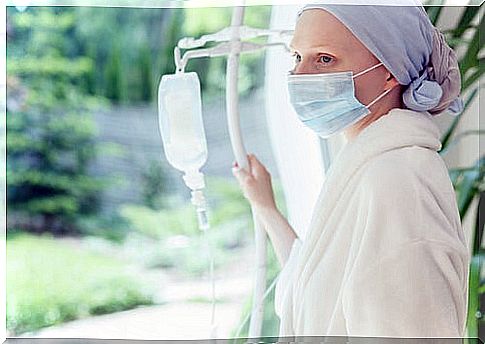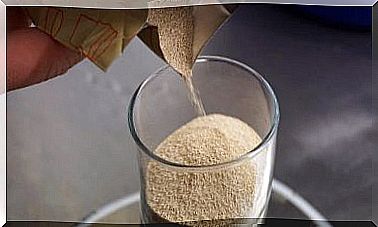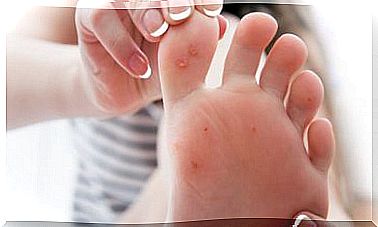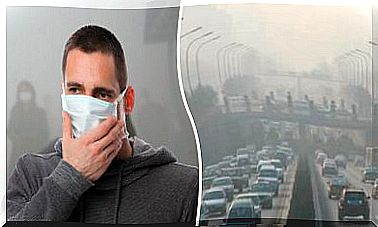What Is Hormone Therapy?
To talk about hormone therapy, it is important to delve into one of the most feared diseases of today: cancer. Cancer encompasses a set of very complex and different diseases. Each type of cancer has its own characteristics, evolution and treatment.
Depending on the type of cancer, cancer cells will respond differently to hormonal stimuli produced by our body. These hormones stimulate the growth and proliferation of cancer. For this reason, it is necessary to block the stimulation of cancer cells using treatments such as hormone therapy.
What is hormone therapy?
Hormone therapy is a type of systemic cancer treatment. Systemic treatments are those that are administered and travel through the bloodstream, reaching and affecting all cells in the body and not just cancer cells.
The main characteristic of hormone therapy is that it is aimed at reducing or blocking the action of certain hormones, slowing down or stopping the growth and division of malignant cells.

When is hormonal therapy used?
People with cancer undergo many tests to determine what type of cancer they have. If a person is diagnosed with some type of cancer that has positive hormone receptors, they will be candidates to be treated with hormone therapy. The most common hormone receptor-positive cancers are breast cancer and prostate cancer.
Hormone therapy and breast cancer
When we talk specifically about hormone receptor-positive breast cancer, we are most likely talking about a type of breast cancer that responds to the stimulus of a hormone called estrogen.
Estrogen is a hormone produced naturally by the female ovaries, the adrenal gland, and fatty tissue. This hormone is responsible for the development of the secondary physical characteristics of women and the appearance of the menstrual period.
Hormone therapy in breast cancer aims to reduce the size of the tumor, reduce the risk of developing cancer after healing, and help slow the growth rate of late-stage breast cancer.
The drugs used in hormonal therapy for breast cancer fulfill their objectives through the following mechanisms:
- Decrease in the amount of estrogen in the body
- Blocking the action of estrogen on cells
Since hormone therapy in breast cancer is usually directed to act on estrogen, this treatment is also known as anti-estrogen therapy.
Hormone therapy and prostate cancer
For its part, prostate cancer responds to the stimulation of other hormones, androgens. These hormones, like estrogen in women, play an important role in the development of secondary sexual characteristics in men.
Unlike breast cancer, the determination of surface hormone receptors is not necessary for prostate cancer . Most prostate tumors have androgen hormone receptors.
Hormone therapy in prostate cancer will aim to reduce the production of testosterone, achieved by chemical or surgical castration, or by blocking the androgen receptor that tumor cells have in prostate cancer.
Side effects of hormone therapy
When people undergo hormone therapy, they can suffer side effects related to the decrease or lack of a particular hormone.
In the case of women with breast cancer who receive hormonal therapy, they can expect:
- Heat attacks
- Night sweats
- Vaginal dryness
- Decreased sex drive
- Humor changes
- Osteoporosis
In the case of men:
- Decreased sex drive
- Sexual impotence
- Osteoporosis
- Decreased muscle mass and lack of physical strength
- Increase in blood cholesterol
- Diabetes
- Weight gain
- Humor changes
- Tiredness
- Gynecomastia (breast enlargement)
Definitely
Hormone therapy is a therapeutic option that is frequently used against breast and prostate cancer, since they are forms of the disease that are characterized by having positive hormone receptors. Its advantages and disadvantages must be evaluated by the hand of the doctor or oncologist.









